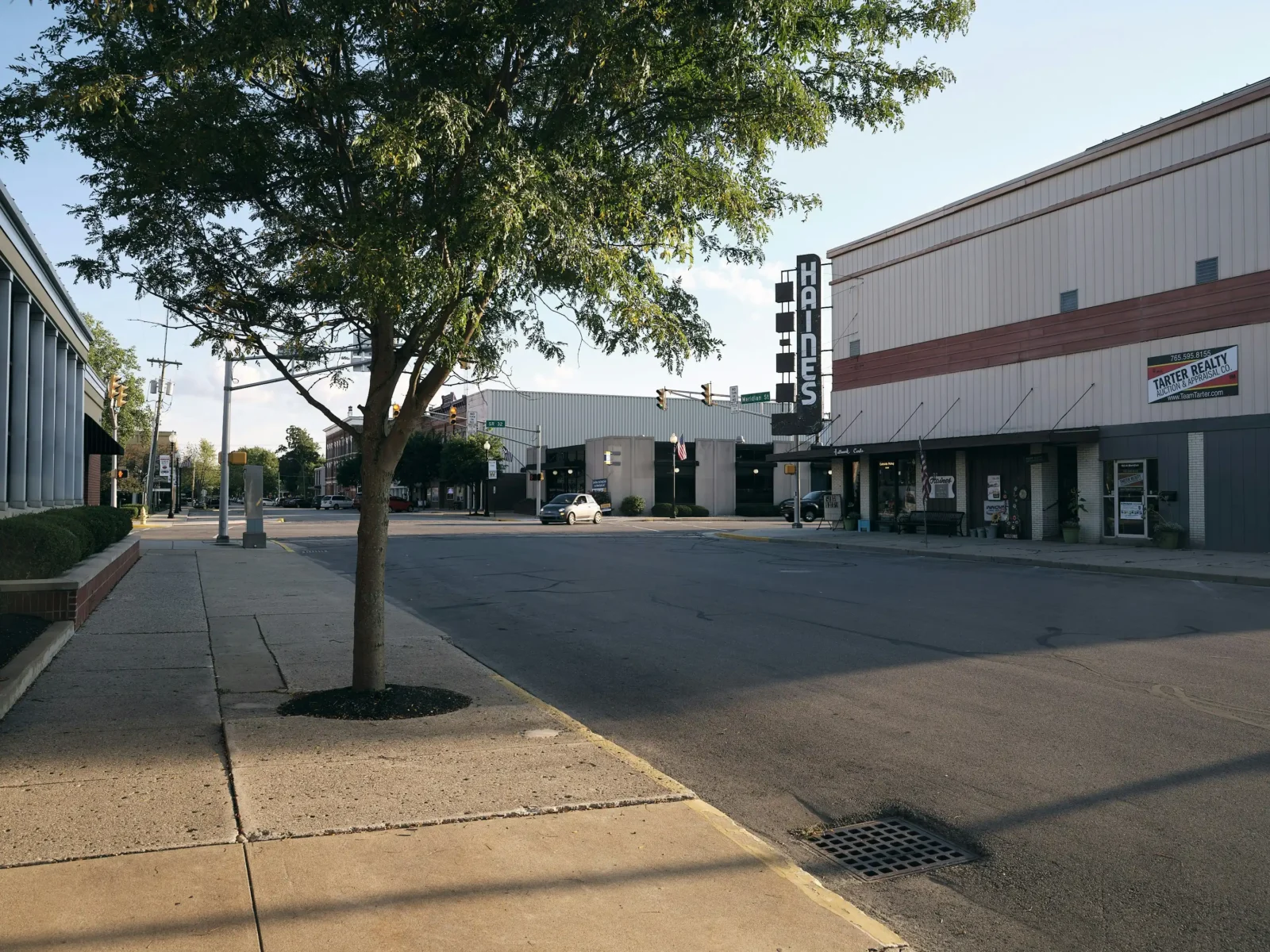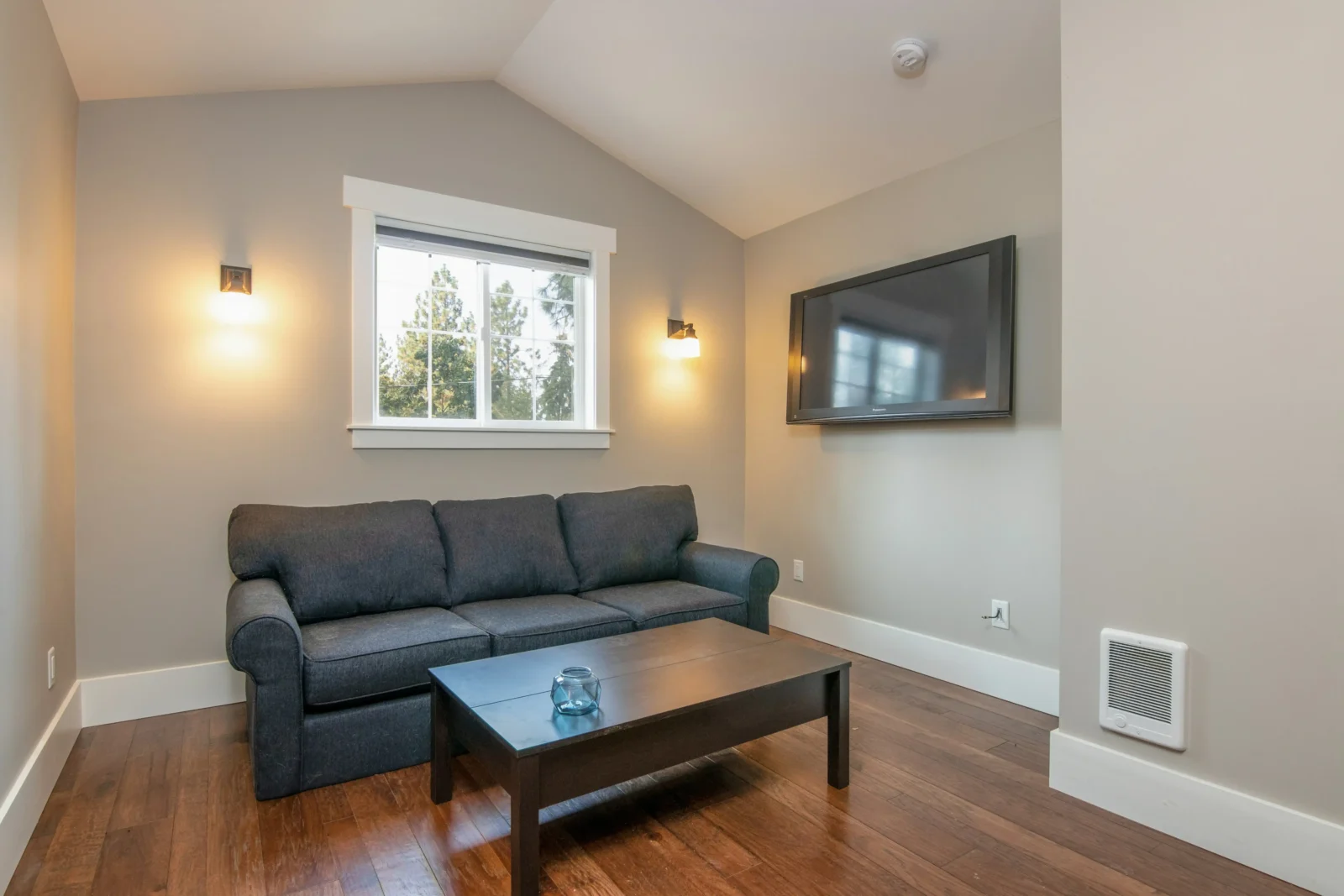- Home
- Articles
- Architectural Portfolio
- Architectral Presentation
- Inspirational Stories
- Architecture News
- Visualization
- BIM Industry
- Facade Design
- Parametric Design
- Career
- Landscape Architecture
- Construction
- Artificial Intelligence
- Sketching
- Design Softwares
- Diagrams
- Writing
- Architectural Tips
- Sustainability
- Courses
- Concept
- Technology
- History & Heritage
- Future of Architecture
- Guides & How-To
- Art & Culture
- Projects
- Interior Design
- Competitions
- Jobs
- Store
- Tools
- More
- Home
- Articles
- Architectural Portfolio
- Architectral Presentation
- Inspirational Stories
- Architecture News
- Visualization
- BIM Industry
- Facade Design
- Parametric Design
- Career
- Landscape Architecture
- Construction
- Artificial Intelligence
- Sketching
- Design Softwares
- Diagrams
- Writing
- Architectural Tips
- Sustainability
- Courses
- Concept
- Technology
- History & Heritage
- Future of Architecture
- Guides & How-To
- Art & Culture
- Projects
- Interior Design
- Competitions
- Jobs
- Store
- Tools
- More
Guide to Finding the Ideal Investment Apartment in Dubai

Table of Contents Show
- Why Dubai Is a Hotspot for Property Investment
- Step-by-Step Guide to Finding the Ideal Investment Apartment in Dubai
- Step 1: Define Your Investment Objectives
- Step 2: Select the Right Location
- Step 3: Choose Between Off-Plan and Ready Apartments
- Step 4: Decide on the Apartment Type and Size
- Step 5: Evaluate the Developer’s Reputation
- Step 6: Assess ROI and Rental Yield Potential
- Step 7: Perform Legal and Financial Due Diligence
- Step 8: Shortlist Properties and Conduct Inspections
- Step 9: Negotiate and Finalize the Deal
- Step 10: Plan for Property Management
- Key Considerations When Investing in Dubai Properties
- Conclusion
- FAQs
Why Dubai Is a Hotspot for Property Investment
Dubai has emerged as one of the most attractive destinations for real estate investment, thanks to its tax-free rental income, world-class infrastructure, and strong regulatory environment. Investors from around the globe are drawn to the city’s high rental yields, stable economy, and growing demand for quality housing. Whether you’re a first-time buyer or a seasoned investor, the opportunity to invest in Dubai apartments offers access to some of the most lucrative options in the market. Interested buyers can buy flats in Dubai on Bayut, a leading property platform in the UAE.
Step-by-Step Guide to Finding the Ideal Investment Apartment in Dubai
Investing in an apartment in Dubai can be highly rewarding when approached strategically. This step-by-step guide outlines the essential considerations and actions needed to find the right property that aligns with your investment goals.
Step 1: Define Your Investment Objectives
Before searching for a property, clearly identify what you want from the investment. Are you looking for regular rental income, long-term capital appreciation, or a combination of both? Also, determine your investment horizon, short-term flip, mid-term rental, or long-term hold.
Key considerations:
- Target ROI (rental yield or capital gain)
- Budget and cash flow expectations
- Risk appetite and diversification goals
- Tax planning (especially for overseas investors)
Step 2: Select the Right Location
Location is one of the most critical factors influencing rental demand, capital growth, and tenant preferences. Dubai offers a diverse range of areas catering to different investment strategies.

Top-performing areas:
- Dubai Marina: Popular with expats; strong rental demand
- Jumeirah Village Circle (JVC): Affordable with rising yields
- Business Bay: Central location with ongoing developments
- Downtown Dubai: Premium prices, strong capital appreciation
Evaluate:
- Proximity to metro stations, schools, and business hubs
- Planned infrastructure or megaprojects
- Community amenities and lifestyle offerings
Step 3: Choose Between Off-Plan and Ready Apartments
You can invest in either off-plan (under construction) or ready-to-move-in apartments, each with distinct pros and cons.
Off-Plan Properties:
- Lower entry price and flexible payment plans
- Higher potential appreciation if bought early
- Developer and project risks; delayed handovers
Ready Properties:
- Immediate rental income and easier valuation
- Typically higher upfront cost
- Full visibility of the property and community condition
- Match your choice with your risk tolerance, liquidity, and investment timeline.
Step 4: Decide on the Apartment Type and Size
Understanding what tenants are looking for will help you choose the right unit type for better occupancy and yield.
Popular choices:
- Studios and 1-bedroom apartments: High demand from singles and couples; faster to rent
- 2 and 3-bedroom apartments: Suitable for families; higher rent but longer vacancies
- Loft, duplex, or penthouse units: Niche markets; higher risk, but premium pricing
Other Key Considerations:
- Efficient layout and usable space
- Balcony, storage, and views
- Quality of finishes and fittings
Step 5: Evaluate the Developer’s Reputation
A reputable developer ensures timely delivery, better build quality, and stronger resale value.
Check:
- Track record of completed projects
- Customer reviews and handover timelines
- RERA registration and escrow compliance
- Maintenance and property management history
- Established developers include, but are not limited to, Emaar, DAMAC, and Nakheel
Step 6: Assess ROI and Rental Yield Potential
Calculate both gross and net rental yields to assess profitability. Gross yield is the annual rent divided by the purchase price. Net yield deducts service charges and operational expenses.
Tips:
- Use tools on platforms like Bayut to compare yields
- Study rental demand in the area (occupancy rates)
- Check service charges (typically AED 10–30 per sq.ft annually)
- Look for areas with annual yield >6% for strong returns
Step 7: Perform Legal and Financial Due Diligence
Dubai’s property market is well-regulated, but buyers should conduct thorough checks to avoid legal or financial risks.
What to verify:
- Freehold status and foreign ownership eligibility
- Title deed or Oqood (for off-plan)
- Developer’s approvals and project registration
- Outstanding service charges or mortgage liabilities
Financing tips:
- Non-residents can get up to 50-60% mortgage
- Compare mortgage offers from UAE banks
- Prepare required documents such as passport, proof of income, bank statements
Step 8: Shortlist Properties and Conduct Inspections
Use trusted property portals and RERA-certified agents to create a list of suitable options.
Key Actions:
- Browse listings on trusted real estate platforms like Bayut and filter by area, price, and size
- Schedule physical or virtual viewings
- Inspect the building’s age, amenities, security, and maintenance
- Review rental history if it’s a tenanted property
- Take note of noise, ventilation, lighting, and parking

Step 9: Negotiate and Finalize the Deal
Once you’ve identified the ideal property, move to negotiation and legal formalities.
Key Steps:
- Make an offer based on market trends and valuation
- Sign the MOU (Memorandum of Understanding) and place a 10% deposit
- Obtain a No Objection Certificate (NOC) from the developer
- Complete the transfer at the Dubai Land Department
- Pay applicable fees: 4% transfer fee, admin charges, and agent commission (usually 2%)
Step 10: Plan for Property Management
To maximize returns, ensure effective management of your investment apartment.
Options:
- Hire a property management company (cost: 5-10% of annual rent)
- Handle leasing, maintenance, and tenant relations yourself
- Choose between long-term rentals and short-term (holiday homes) based on area demand
- Register your property with the Dubai Tourism Department (for holiday lets)
Key Considerations When Investing in Dubai Properties
When investing in Dubai real estate, it’s essential to evaluate various factors to make a sound and profitable decision. Here are the key considerations to keep in mind:
- Freehold vs. leasehold ownership: Understand the ownership laws and ensure the property is in a freehold zone if you are a foreign investor.
- Location: Choose areas with high rental demand, good connectivity, and upcoming infrastructure developments for better ROI.
- Developer reputation: Invest with developers who have a strong track record of delivering quality projects on time.
- Service charges: Evaluate annual service fees and how they impact your net return; high fees can reduce profitability.
- Market trends: Stay updated on Dubai’s real estate cycles, current pricing trends, and demand forecasts.
- Legal compliance: Ensure the property and transaction are compliant with RERA and DLD regulations.
- Financing options: Research mortgage eligibility, interest rates, and required down payments, especially if you’re a non-resident.
- Exit strategy: Think long-term, consider resale potential, expected appreciation, and liquidity of the property type.
Conclusion
Investing in an apartment in Dubai can be a lucrative venture when backed by the right knowledge and strategy. By defining clear objectives, choosing the right location, conducting due diligence, and staying informed about market trends, investors can maximize their returns while minimizing risk. With a growing economy and a stable real estate sector, Dubai remains one of the top destinations for global property investors.
FAQs
- Can foreigners buy apartments in Dubai?
Yes, foreigners can buy apartments in designated freehold areas with full ownership rights.
- Do property investors in Dubai get a residency visa?
Yes, investors who purchase property worth AED 750,000 or more may be eligible for a renewable 2 or 10-year residency visa, depending on the investment value.
- Are there any property taxes in Dubai?
No, Dubai does not impose annual property taxes or capital gains tax on real estate.
- Can I rent out my apartment on a short-term basis?
Yes, you can lease your property short-term by obtaining a holiday home license from Dubai’s Department of Economy and Tourism.
illustrarch is your daily dose of architecture. Leading community designed for all lovers of illustration and drawing.
Submit your architectural projects
Follow these steps for submission your project. Submission FormLatest Posts
How Property Owners Are Held Responsible for Slip Injuries
Table of Contents Show Duty of Care Owed by Property OwnersCommon Causes...
Why Hiring a Property Management Company in Henderson, NV Makes Sense
Table of Contents Show Less Stress and Fewer Daily HeadachesBetter Tenant Screening...
Best Tips for Hassle-Free Home Selling
Table of Contents Show Start With A Simple Selling PlanFix The Paperwork...
How to Invest in the Real Estate Industry
Table of Contents Show Choosing the Right PropertyFinancing OptionsPre-IPO InvestingResearch and EducationRental...












Leave a comment